Juan Diego Flórez, in the grand opera houses of the world, one name stands out as a testament to vocal brilliance and Peruvian pride. Born on January 13, 1973, in Lima, Peru, Flórez is not merely a tenor; he is a lyrical virtuoso whose voice has transcended cultural borders, enchanting audiences with its clarity, agility, and emotional resonance. This blog delves into the captivating biography of Juan Diego Flórez, exploring his early influences, meteoric rise in the operatic world, and the indelible mark he has left on the global stage.
Early Life and Musical Upbringing:
Juan Diego Flórez’s journey into the world of music began in his childhood home in Lima, where he was exposed to a rich tapestry of Peruvian folk music and classical compositions. His parents, both talented musicians, recognized his innate musical gifts and encouraged his early interest in singing. Flórez’s exposure to diverse musical genres laid the foundation for a career that would seamlessly traverse the realms of opera, classical, and traditional Peruvian music.
Operatic Epiphany and Training:
Flórez’s operatic destiny began to take shape when, as a teenager, he discovered a recording of legendary tenor Luciano Pavarotti. This encounter became an epiphany, sparking a deep-seated passion for opera. Despite initial skepticism about the viability of an operatic career in Peru, Flórez’s determination led him to pursue formal vocal training at the National Conservatory of Music in Lima and later at the Curtis Institute of Music in Philadelphia.
The Rossini Revelation:
Juan Diego Flórez’s affinity for the bel canto repertoire, particularly the works of Gioachino Rossini, became a defining feature of his early career. His vocal agility and mastery of the challenging coloratura passages in Rossini’s compositions set him apart. The tenor’s renditions of Rossini’s arias, marked by precision and a seemingly effortless vocal range, garnered attention and hinted at the operatic prowess that would define his future.
La Scala Debut and International Recognition:
Flórez’s international breakthrough occurred in 1996 when he made his debut at La Scala in Milan, Italy, in Rossini’s “Matilde di Shabran.” The performance was a resounding success, catapulting him into the global opera scene. Critics and audiences alike marveled at his technical brilliance and the sheer beauty of his voice. Flórez had arrived as a formidable force in the world of opera, and invitations to prestigious opera houses around the globe soon followed.
The Rossini Tenor:
Juan Diego Flórez’s association with the bel canto repertoire, particularly Rossini’s works, earned him the moniker of the “Rossini tenor.” His interpretations of roles such as Count Almaviva in “The Barber of Seville” and Prince Ramiro in “La Cenerentola” became iconic. Flórez’s ability to navigate the demanding vocal ornamentations and high tessitura of these roles showcased a technical prowess that few tenors could match.
Metropolitan Opera Triumphs:
Flórez’s triumphant debut at New York’s Metropolitan Opera in 2002, once again in Rossini’s “Matilde di Shabran,” solidified his status as a leading tenor on the international stage. The Metropolitan Opera would become a stage where Flórez would continue to captivate audiences with his interpretations of Rossini’s repertoire and later expand his repertoire to include works by composers such as Donizetti, Bellini, and Mozart.
The Mozartian Tenor:
Beyond the bel canto repertoire, Flórez demonstrated his versatility as a tenor by delving into the works of Wolfgang Amadeus Mozart. His portrayals of roles like Don Ottavio in “Don Giovanni” and Belmonte in “Die Entführung aus dem Serail” showcased a lyrical elegance and sensitivity that complemented Mozart’s compositions. Flórez’s Mozartian interpretations added depth to his artistic repertoire, further solidifying his place in the pantheon of great tenors.
Crossover Success and Collaborations:
While rooted in the operatic tradition, Juan Diego Flórez has also explored crossover projects, collaborating with artists from different genres. His duets with pop and classical artists, such as Plácido Domingo and Sarah Brightman, demonstrated his ability to transcend musical boundaries. Flórez’s forays into crossover projects have introduced his extraordinary voice to a wider audience, fostering an appreciation for opera beyond traditional circles.
Peruvian Cultural Ambassador:
Juan Diego Flórez’s success as an operatic luminary has positioned him as a cultural ambassador for Peru. His commitment to showcasing the beauty of Peruvian music and culture on the global stage has brought pride to his homeland. Flórez’s contributions extend beyond opera, as he actively engages in philanthropic efforts to promote music education and support cultural initiatives in Peru.
A Voice for Social Causes:
Flórez’s influence extends beyond the realm of music, as he has used his platform to advocate for social causes. His involvement in charitable initiatives, particularly those focused on providing access to education and healthcare, reflects a commitment to making a positive impact beyond the stage. Flórez’s belief in the transformative power of music as a force for social change underscores his role as not just a tenor but a conscientious artist.
Personal Life and Recognition:
In addition to his artistic achievements, Juan Diego Flórez’s personal life has been marked by joy and fulfillment. His marriage to German-born soprano Julia Trappe has added a familial dimension to his operatic journey. Flórez’s contributions to the world of music have been recognized with numerous awards, including the prestigious Operalia competition, where he won first prize in 1996, further solidifying his status as a preeminent tenor.
Legacy and Impact:
As Juan Diego Flórez continues to grace stages around the world with his unparalleled voice, his legacy resonates not only in the annals of opera history but in the hearts of those who have been moved by the emotive power of his singing. His legacy is a testament to the universal language of music, capable of transcending cultural boundaries and connecting people across the globe.
Conclusion:
Juan Diego Flórez’s biography is a melodic saga that spans continents, genres, and cultural landscapes. From the streets of Lima to the grandeur of the world’s most prestigious opera houses, Flórez has not just sung; he has soared. His voice, a celestial instrument of breathtaking beauty, has become a beacon of inspiration for aspiring tenors and a source of pride for his fellow Peruvians.
In the soaring arias of Rossini, the tender melodies of Mozart, and the heartfelt crossovers that bridge genres, Juan Diego Flórez’s voice echoes through time, inviting listeners into a realm where emotions are translated into music. His biography is a harmonious symphony of passion, dedication, and cultural pride—a testament to the transformative power of an extraordinary voice that continues to elevate the world of opera and enchant audiences around the globe. Juan Diego Flórez is not just a tenor; he is a maestro whose vocal artistry has become a timeless testament to the enduring magic of opera.
.- Youtube.com – OPERA PLANET Juan Diego Flórez : “Heut’ Nacht hab’ ich geträumt” 4K ULTRA HD link


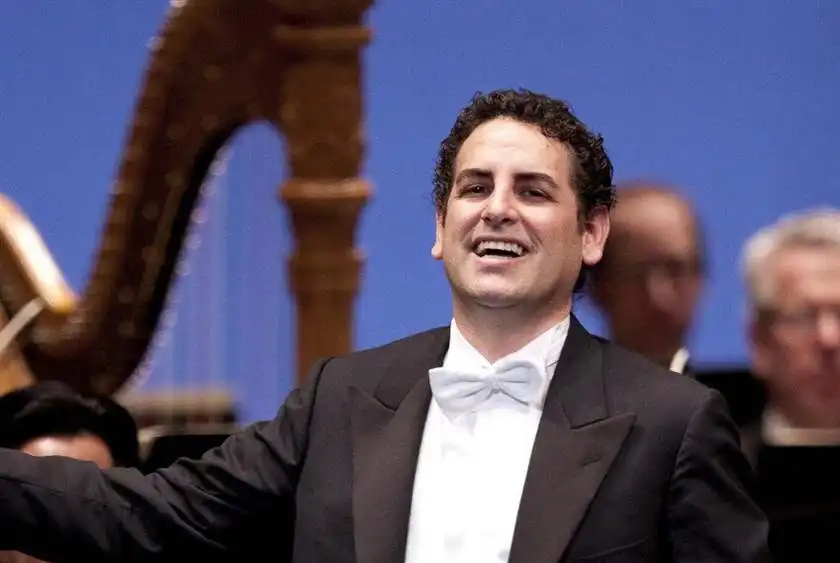

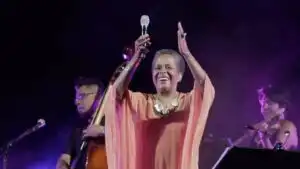


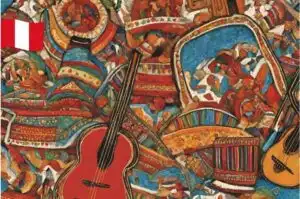

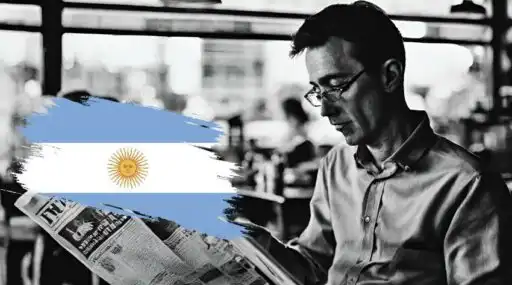
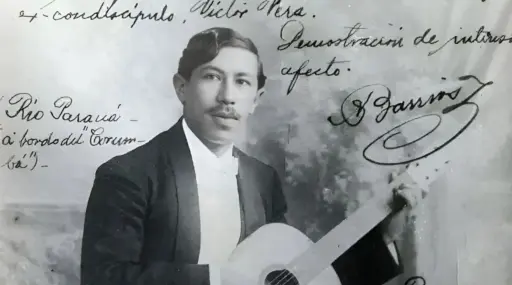


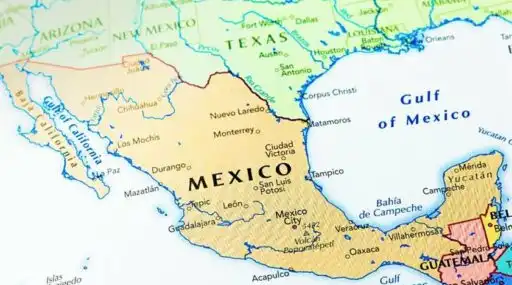

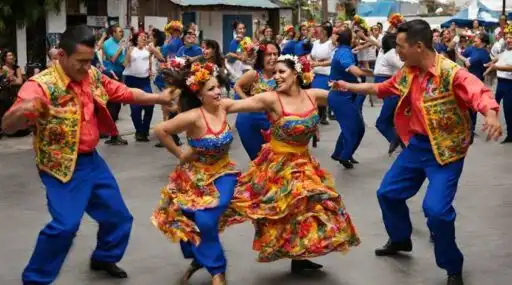








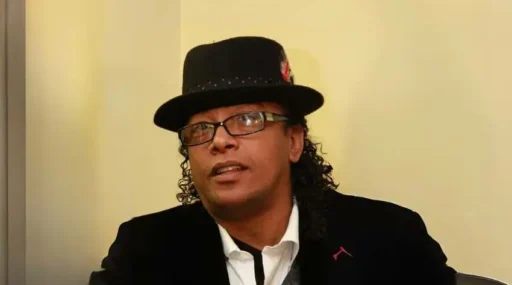













Leave a Reply